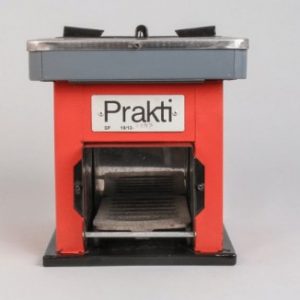
Agriculture
November 9, 2023
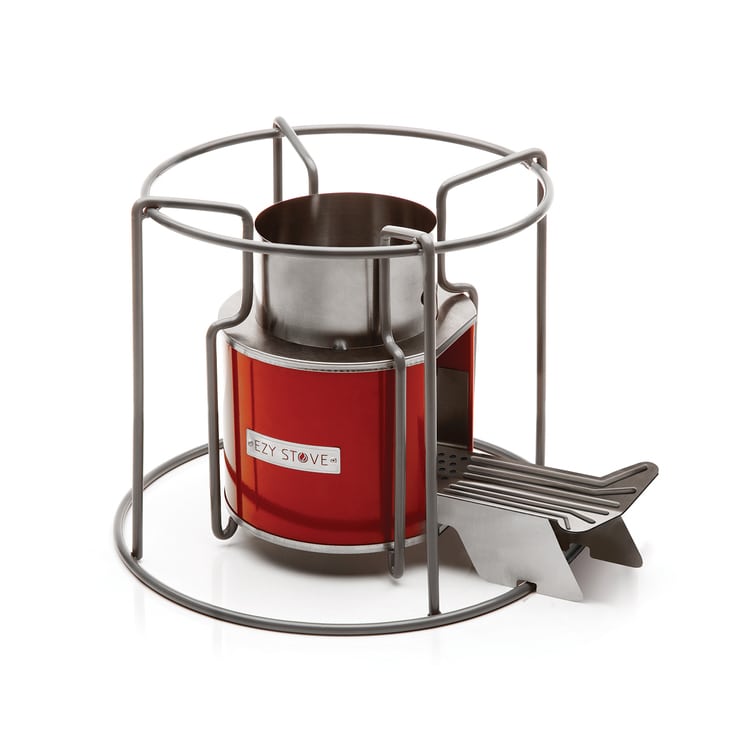
Updated on November 9, 2023
·Created on June 11, 2016
Designed by Veryday, the EzyStove is a rocket-type cookstove that is shipped in spare parts and easily assembled locally.
EzyStove is a batch loaded rocket stove designed for household level use. The designers aim to improve health conditions, reduce time requirements and the environmental impacts of traditional cooking methods.
Introduction video to EzyStove is available.
Market Suggested Retail Price
$75.00
Target Users (Target Impact Group)
Distributors / Implementing Organizations
Designed by Veryday and distributed in collaboration with Ezy Life Kenya.
Manufacturing/Building Method
Manufactured in China, the stoves are flat packed which reduces shipping costs for large quantities. EzyStove ships it in an unassembled condition – tightly packed five and five so that any small local workshop can put it together without the need of any advanced tools.
Intellectural Property Type
Patent Protected
User Provision Model
Distributions to Date Status
The exact distribution to date is unknown, however, for 2012, 400,000 stove kits were planned to be shipped to Namibia and 500,000 to Uganda. By 2020, 5 million EzyStoves are expected to be distributed.
Design Specifications
Design specifications include a stainless steel and insulated combustion chamber and fuel shelf, welded steel construction, angled saucepan holders, a replaceable burning chamber with protected edges and steel frame handles. The pot capacity is 10 litres and it is a lightweight and portable design as it weighs 2.8 kgs. Its dimensions are (l/w/h): 330/330/304 mm. It is composed of modular pieces that can easily be assembled by local communities.
Technical Support
Instructional video available about how to use the stove. For further support, contact Ezy Life and Veryday.
Replacement Components
Replaceable fuel chamber.
Lifecycle
This product has a 1-year warranty covering manufacturing defects and an estimated lifecycle of 3 years.
Manufacturer Specified Performance Parameters
Veryday's mission is to tackle environmental, health and usability issues related to 3 stone fire cooking while promoting local entrepreneurship and jobs as it has a modular design that can be easily assembled locally.
Vetted Performance Status
Field and laboratory test proved that 40% less of CO and CO2 was produced with the EzyStove, a total of 70% less harmful gases and from 40% to 50% less wood was consumed. Full results on emissions and performance test protocols can be seen in the Global Alliance Clean Cooking Catalog.
Safety
Guidelines provided by the manufacturer should be followed to avoid potential burns and spillovers when manipulating the stove.
Complementary Technical Systems
None.
Academic Research and References
Amaeshi, K., Okupe, A., Ismail, T. (2017). Sub-Saharan Africa. The World Guide to Sustainable Enterprise, Volume 1: Africa and the Middle East. Chapter II.
Morgan, D., Robinson, A (2013). Cheaper, Faster, Lighter EcoZoom Rocket Stove. ME 493 Final Report.
Compliance with regulations
Unknown.
Other Information
In 2012, EzyStove won the Design S Award and in 2013, it was finalist in Swedish Gran Design Awards competition.

Agriculture
November 9, 2023
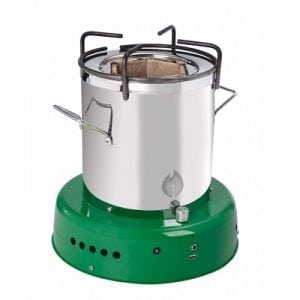
Agriculture
November 9, 2023
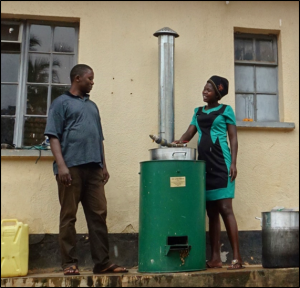
Agriculture
November 9, 2023
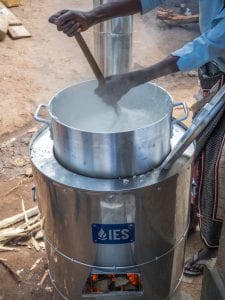
Agriculture
November 9, 2023
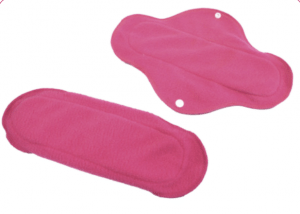
Agriculture
November 9, 2023
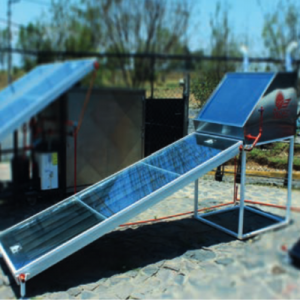
Agriculture
November 9, 2023

Agriculture
November 9, 2023

Agriculture
November 9, 2023
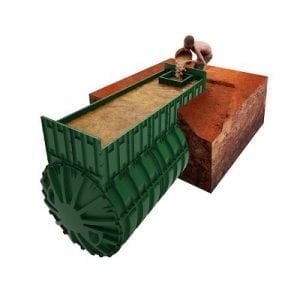
Agriculture
November 9, 2023
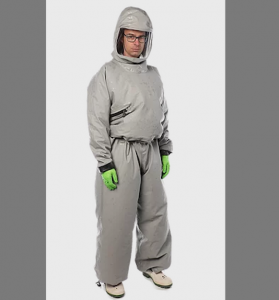
Agriculture
November 9, 2023
Have thoughts on how we can improve?
Give Us Feedback
Nordica MacCarty says:
More thorough performance and safety testing are recommended, even a simple WBT without emissions and safety evaluation should be conducted to report important metrics such as thermal efficiency and safety score. The stove design looks unstable and likely has a high surface temperature which should be noted in decision-making and would become apparent through evaluation. Also, please be more specific about the fuel supply and preparation.
Craig Fairbaugh says:
Thank you very much for the feedback. I have included WBT information performed by Approvecho as well as a link in design specifications that throughly discusses the variety of dry biomass appropriate for use in micro gasifier stoves. Regarding safety of the stove and stability, I have not come across any information suggesting this. I have attached a link to a recent 2016 case study in which 11,000 stoves were distributed in Deganga, India (in the snapshot section). This intervention has also seen a successful charcoal buyback program and I have included a sentence about economic opportunity that the stove can provide.